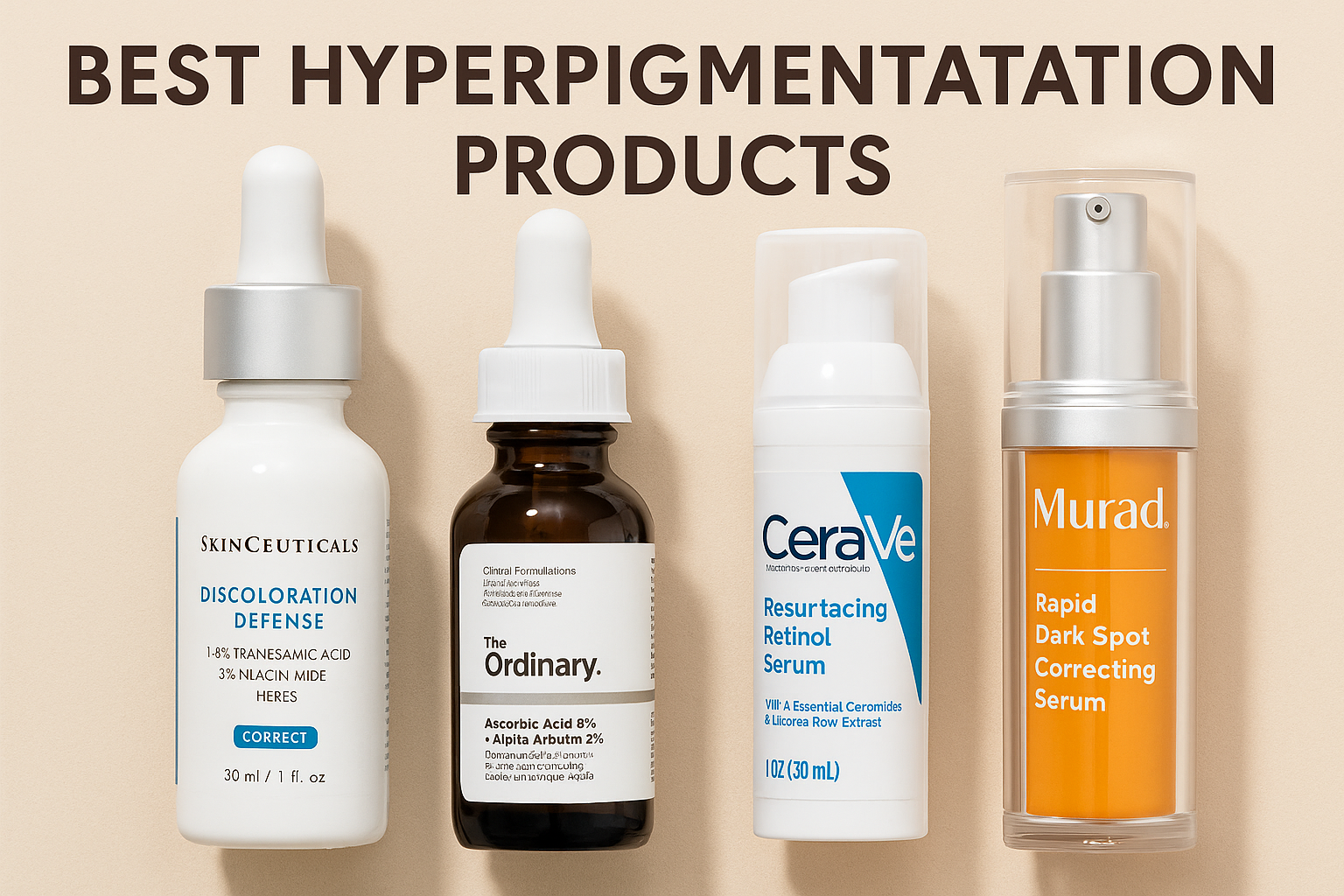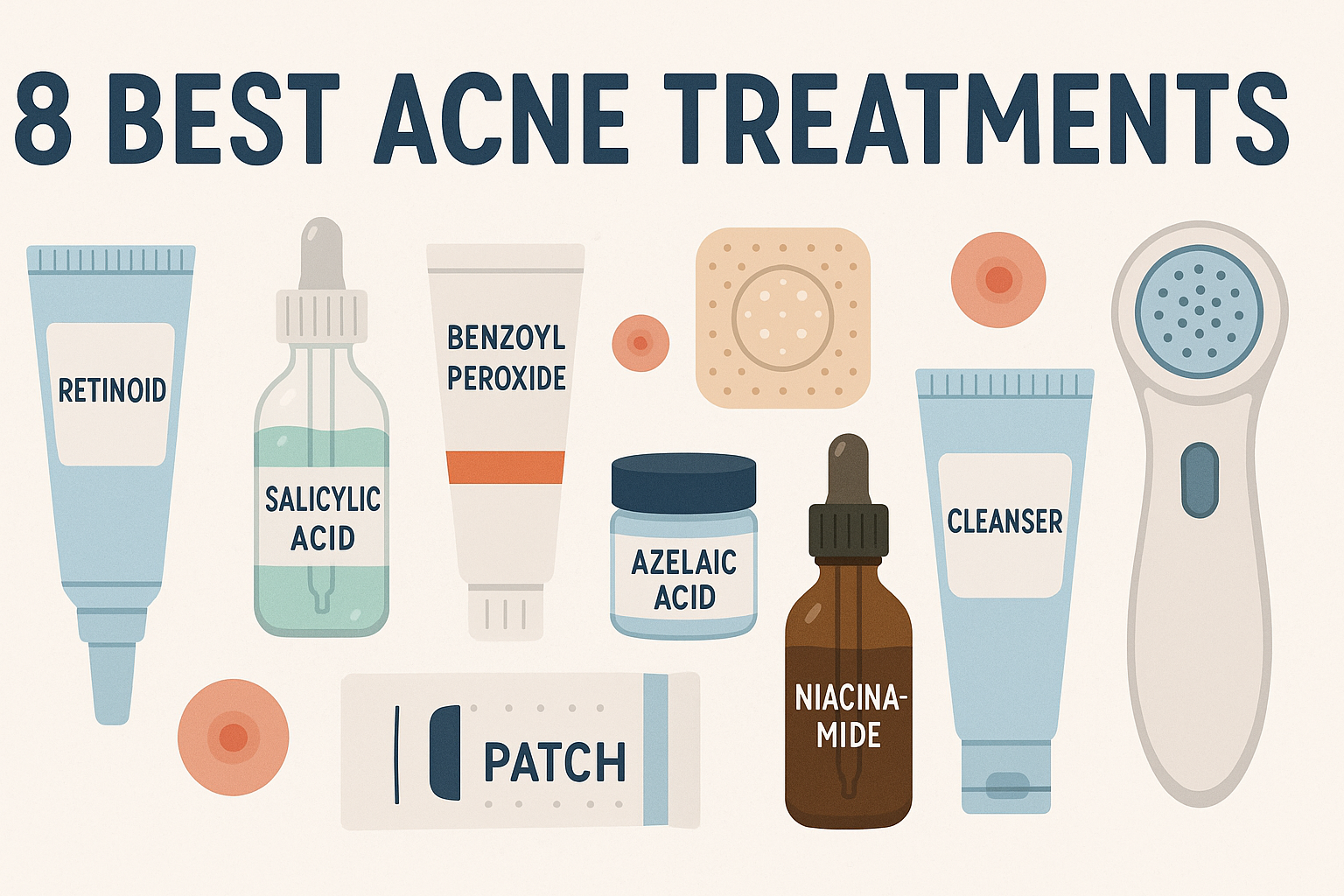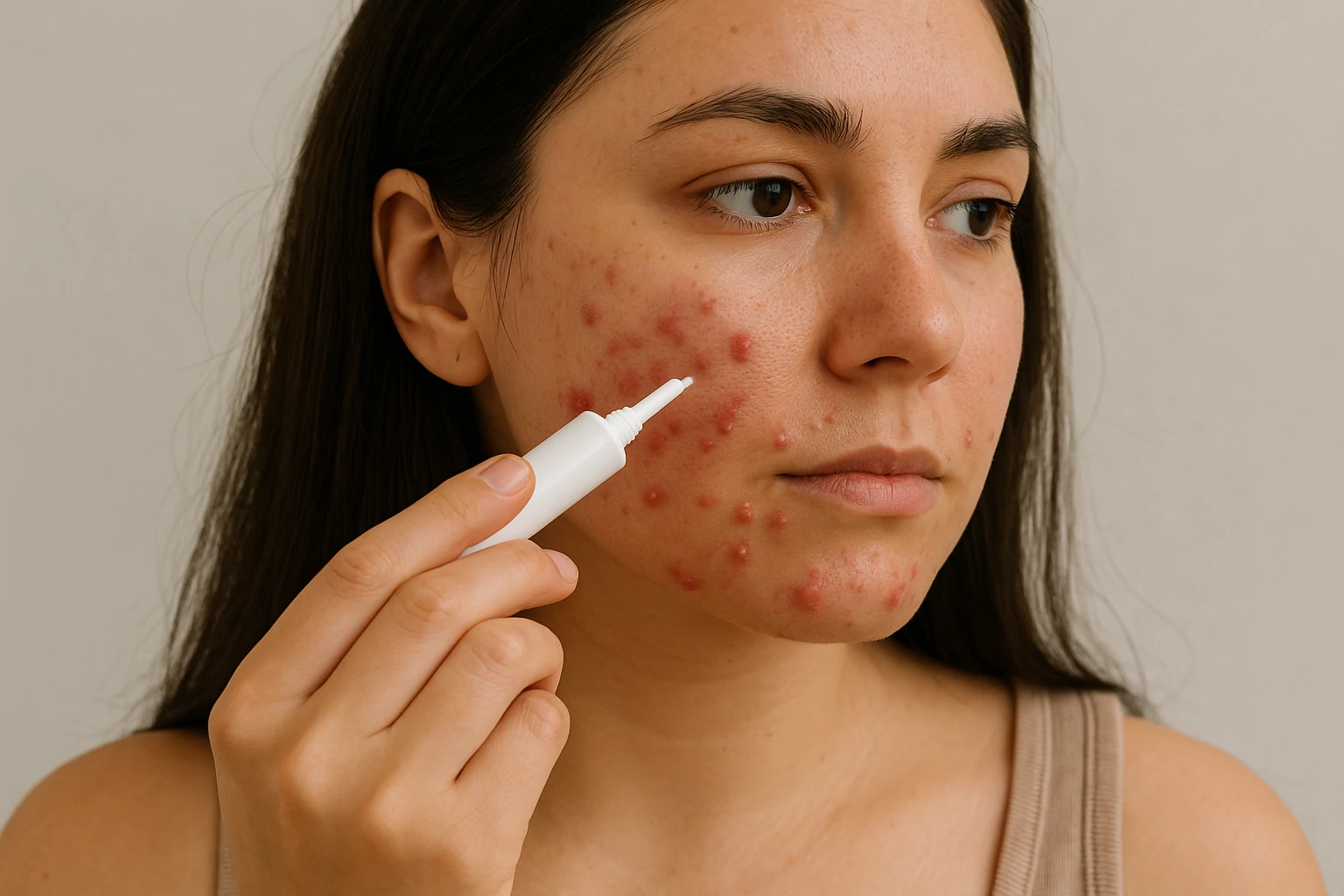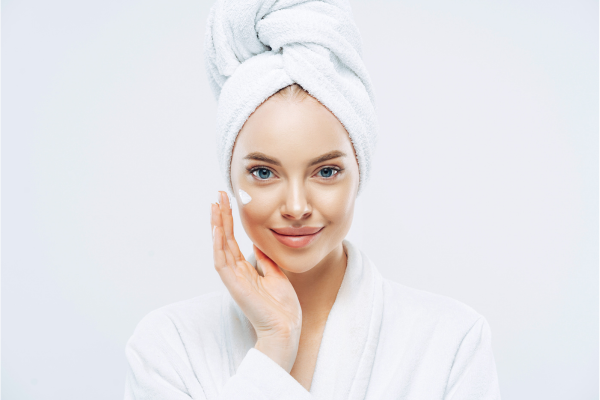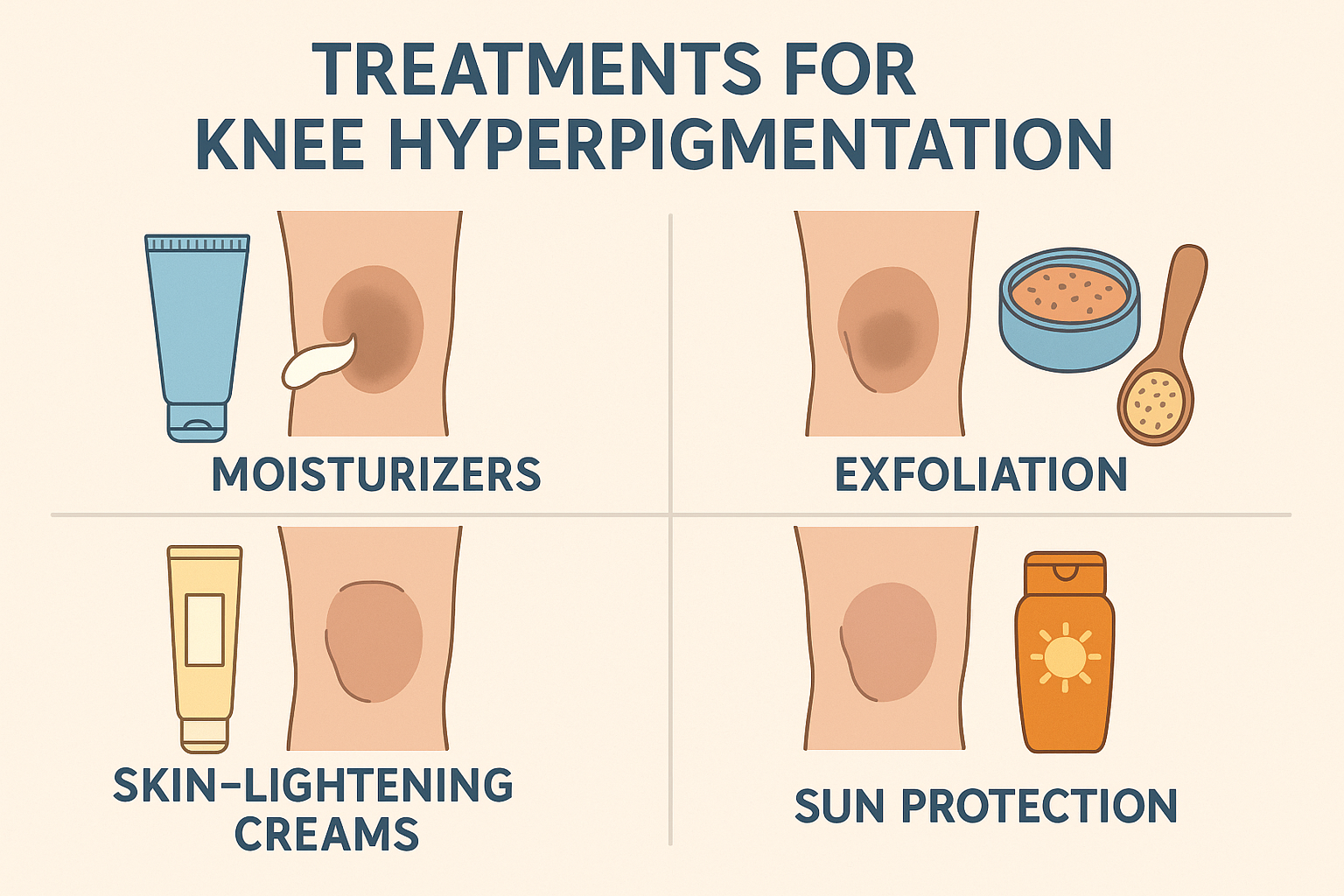8 Expert Tips to Mattify Oily Skin and Reduce Shine

Oily skin is a common condition experienced by many people, and it’s perfectly normal. Sebum, the natural oil produced by the skin, plays an essential role in maintaining skin health. It helps protect the skin’s barrier from irritation, locks in moisture, and prevents dryness and cracking. According to dermatologist Dr. Joshua Zeichner, sebum is beneficial because it helps maintain the skin’s moisture balance.
However, over time, this natural oil can become a problem if it gets trapped in the pores. When sebum mixes with sweat, dirt, and dead skin cells, it can make the skin look shiny and overly greasy. This can be frustrating, especially for those who prefer a matte, shine-free complexion.
Fortunately, excess oil and unwanted shine can be managed with the right skincare products and techniques. Dr. Zeichner and makeup artist Kevin Kodra suggest tips such as using oil-controlling products, choosing the right facial cleanser, and maintaining a consistent skincare routine.
With the proper approach, it’s possible to reduce shine while still preserving the important benefits of sebum for healthy skin.
Dr. Zeichner and Kevin Kodra’s Approach to Skincare
Apply an Oil-Absorbing Mask for Clearer Skin
To manage excess oil on the skin, using face masks that contain ingredients like charcoal, clay, or mud can be an effective solution. These ingredients work by absorbing oil trapped in the pores, helping to reduce shine on the skin’s surface. Clay, in particular, is known for its ability to draw out toxins and impurities while still maintaining the skin’s natural moisture. This helps prevent the skin from becoming too dry, even as excess oil is removed.
According to dermatologist Dr. Joshua Zeichner, masks made with charcoal and clay are especially suitable for oily or acne-prone skin. For best results, these masks can be used a few times a week. However, it’s important to remember that the effects are only temporary. While the skin may look fresher and less shiny after using a mask, long-term oil control still requires a consistent skincare routine.
Hydrate Your Skin with a Lightweight Moisturizer
Many people with oily skin often think they don’t need a moisturizer because they’re worried it will make their skin even oilier. However, according to Dr. Joshua Zeichner, this is a misconception. Oily skin still needs moisture to maintain its natural balance. If the skin doesn’t get enough hydration, it can actually trigger excess oil production as a compensatory mechanism.
Dr. Zeichner recommends using a lightweight moisturizer, such as a water-based lotion or gel, that contains humectants. Humectants help draw water into the skin, keeping it hydrated without feeling heavy or sticky. One example of a suitable product is Garnier Hyalu-Aloe Serum Gel. This product is specifically designed to provide lightweight hydration, making it ideal for oily skin without adding shine to the face.
On the other hand, heavy or oil-rich moisturizers can clog pores, feel sticky, and potentially worsen oiliness. Therefore, choosing the right moisturizer is key to keeping oily skin healthy, hydrated, and looking fresh.
Avoid Over-Cleansing to Protect Your Skin’s Natural Balance
Many people believe that washing their face as often as possible will help reduce excess oil. However, this is a misconception and can actually harm skin health. Washing the face too frequently, especially with harsh soaps or scrubbing too aggressively, can strip away natural oils that are essential for protecting the skin.
According to Dr. Joshua Zeichner, natural oils on the skin play a key role in maintaining moisture and protecting the skin’s barrier from irritation and environmental damage. If this protective layer is removed due to over-cleansing, the skin can become dry, irritated, and may even produce more oil as a defensive response. Therefore, the habit of over-cleansing can actually worsen oily skin.
As a solution, Dr. Zeichner recommends an ideal cleansing routine: wash your face twice a day—once in the morning before starting your day, and once at night after being exposed to dirt, pollution, and oil. For best results, choose a foaming cleanser or a product containing salicylic acid. These cleansers are effective in removing excess oil and dirt that clog pores without drying out the skin. This way, your skin stays clean, healthy, and free from excess shine.
Control Excess Oil with Salicylic Acid Skincare Products
Salicylic acid is one of the most popular active ingredients in skincare, especially for acne-related issues. However, its benefits don’t stop there. According to Dr. Joshua Zeichner, salicylic acid is also highly effective in managing oily skin.
Salicylic acid works by removing excess oil, cleaning impurities, and exfoliating dead skin cells from the surface. This helps keep pores clear and oil production on the face more controlled. As a result, the skin looks fresher and is less prone to excessive shine.
One product containing salicylic acid is Jori Skincare Acne & Oil Control Primer. This product features 2% salicylic acid, which effectively reduces oil on the face, minimizes the appearance of pores, and prevents breakouts. With regular use, this primer not only helps keep makeup matte and long-lasting but also cares for the skin underneath. So, for those with oily skin, choosing products with salicylic acid can be a smart step in managing and maintaining healthy skin.
Apply a Mattifying Primer
Using a matte primer is an effective way to control excess oil and keep your face shine-free, especially when wearing makeup. However, it’s important to apply it correctly for the best results. Makeup artist Kevin Kodra warns that using too much matte primer can have the opposite effect. This type of primer dries to form a thin film on the skin’s surface, and if applied excessively, it can cause makeup to clump and appear uneven.
Kodra also recommends applying primer only to areas that tend to get oily, such as the T-zone (forehead, nose, and chin). This helps control oil in key areas without making other parts of the face dry or uncomfortable.
In addition, the order in which products are applied matters. Matte primer should be used after the skin has been properly hydrated with a moisturizer. Applying primer directly on dry skin can trigger excess oil production as the skin compensates, leading to more shine. So, make sure to moisturize first to achieve a smoother, longer-lasting, and shine-free result.
Use Translucent Powder
Powder is a practical and effective solution for controlling excess oil on the face. Due to its oil-absorbing properties, powder is often referred to as the “go-to weapon” for combating shiny skin. Makeup artist Kevin Kodra recommends always setting your makeup with translucent powder to ensure a matte finish that lasts, even until you’re ready to remove it.
The way powder is applied also plays a crucial role in the final result. Kodra suggests using a puff to gently press the powder into the skin, rather than just sweeping it on. This technique helps the powder adhere better to the makeup, allowing it to absorb oil more effectively and keeping the makeup in place longer.
Additionally, it’s important to focus on applying powder to the areas of the face that tend to get oily, such as the nose, chin, and forehead—commonly known as the T-zone. This way, you can keep your face looking fresh and shine-free without making the rest of your face appear too dry or “heavy” from the powder. This simple technique helps maintain a smooth and natural makeup look throughout the day.
Control Shine Instantly with Blotting Products
Oil blotting papers are a quick and practical solution for controlling excess shine on your face, especially when you’re outdoors or during the middle of the day when oil production increases. These papers work by absorbing oil directly from the skin’s surface, helping your face look fresh again without the need for extra powder or makeup. However, sometimes using blotting papers can lift some of your makeup, especially if pressed too hard.
As an alternative, makeup artist Kevin Kodra recommends using a blotting stick, like Nudestix Blot and Blur. This stick is specifically designed to absorb oil while also smoothing out the skin’s appearance. A few light swipes and oil is absorbed, with pores appearing more blurred, all without worrying about ruining or shifting your makeup.
In addition to oil blotting papers and blotting sticks, Kodra suggests a simple yet effective trick: always carry a puff with translucent powder in your bag. With this puff, you can lightly tap oily or sweaty areas of your face anytime, without adding layers of products. This method helps keep your makeup neat, matte, and fresh for longer. So, make sure you have a practical solution to control shine wherever and whenever you need it!
Protect and Control Shine with a Mattifying Sunscreen
For those with oily skin, wearing sunscreen often feels like a dilemma. Many worry that sunscreen will make their skin feel sticky, heavy, and look even shinier. However, sunscreen is a crucial step in protecting the skin from sun damage, including premature aging, dark spots, and even the risk of skin cancer.
According to Dr. Joshua Zeichner, many sunscreens are now specifically formulated for oily skin. These formulas are lightweight, oil-free, and even have the ability to absorb excess oil from the skin’s surface. Some modern sunscreens are also enriched with mattifying ingredients, providing not only UV protection but also helping to reduce shine throughout the day.
One product Dr. Zeichner recommends is Eucerin Oil Control SPF 50. This sunscreen is specially designed for oily skin, with an oil-free formula that helps control excess oil production. In addition to offering optimal sun protection, its lightweight texture won’t clog pores or add a sticky feel to the face.
So, using a mattifying sunscreen is not only safe for oily skin, but it can also be an essential part of your daily routine to keep your skin healthy, protected, and shine-free.
When to See a Professional
Dr. Joshua Zeichner explains that oil production in the skin is controlled by sebaceous glands, and external skincare products such as moisturizers, primers, or matte powders do not affect the activity of these glands. This means that while the appearance of oiliness on the skin can be managed externally, the root cause of oil production remains inside the skin.
If oil production feels excessive and becomes a persistent issue, it’s important not to hesitate to consult with a dermatologist. A skincare specialist can help analyze the underlying causes, whether it’s due to hormonal factors, lifestyle, or certain medical conditions. The doctor can also design a more tailored treatment plan, which might include medical treatments like Spironolactone (to balance hormones) or Accutane (isotretinoin), which work from within the body to significantly reduce oil production. With the right treatment, the skin can become healthier, more balanced, and less oily in the long term.
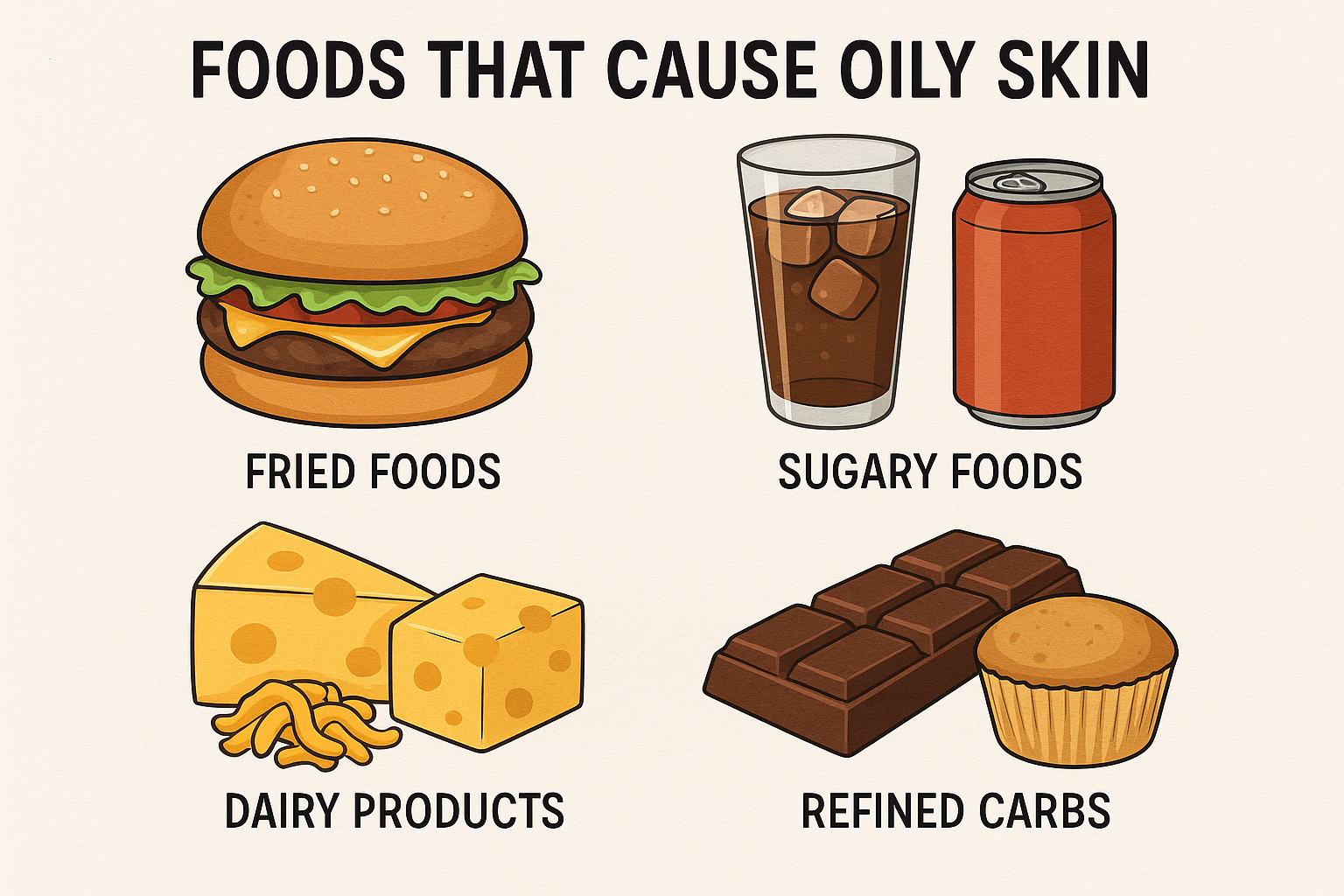
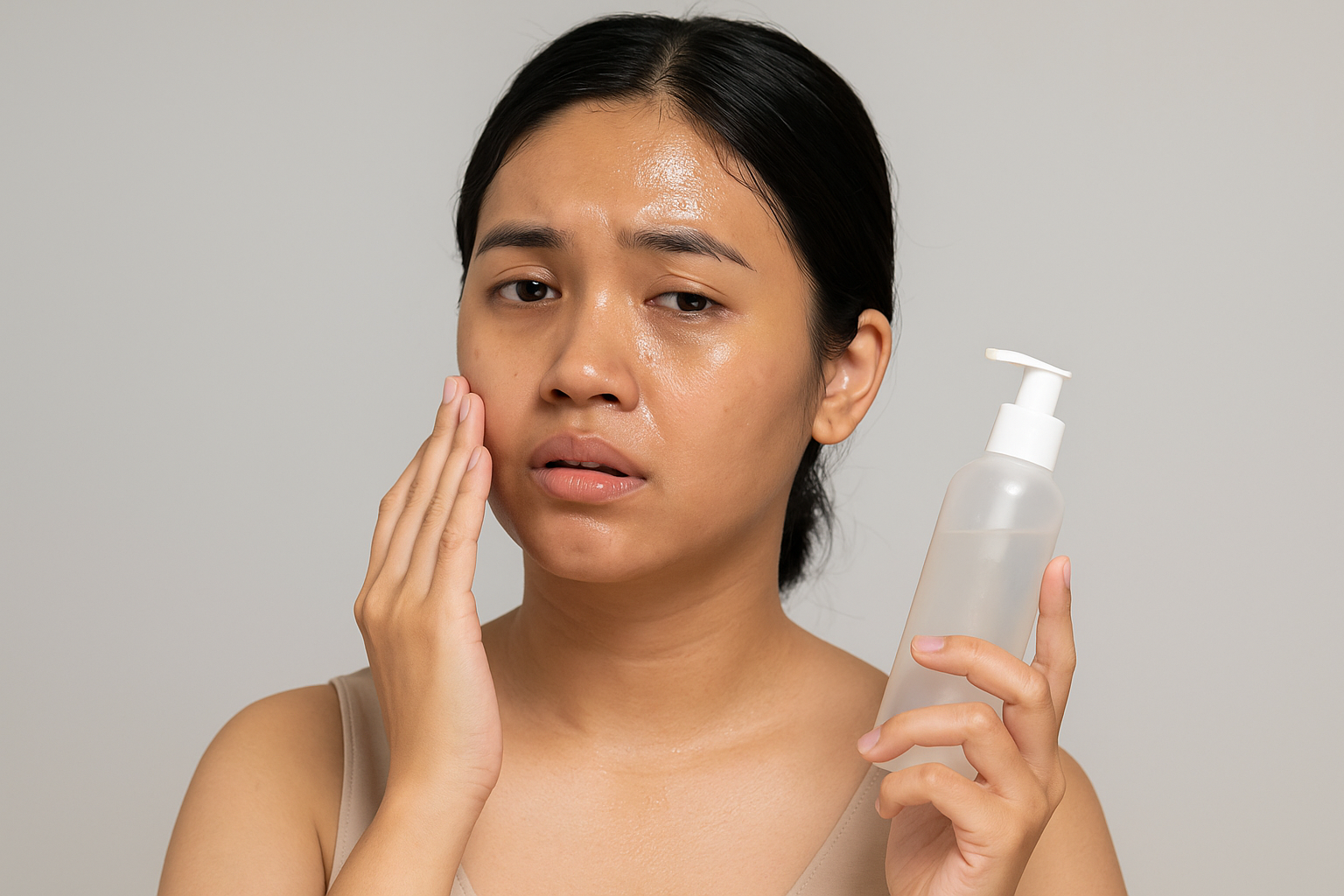
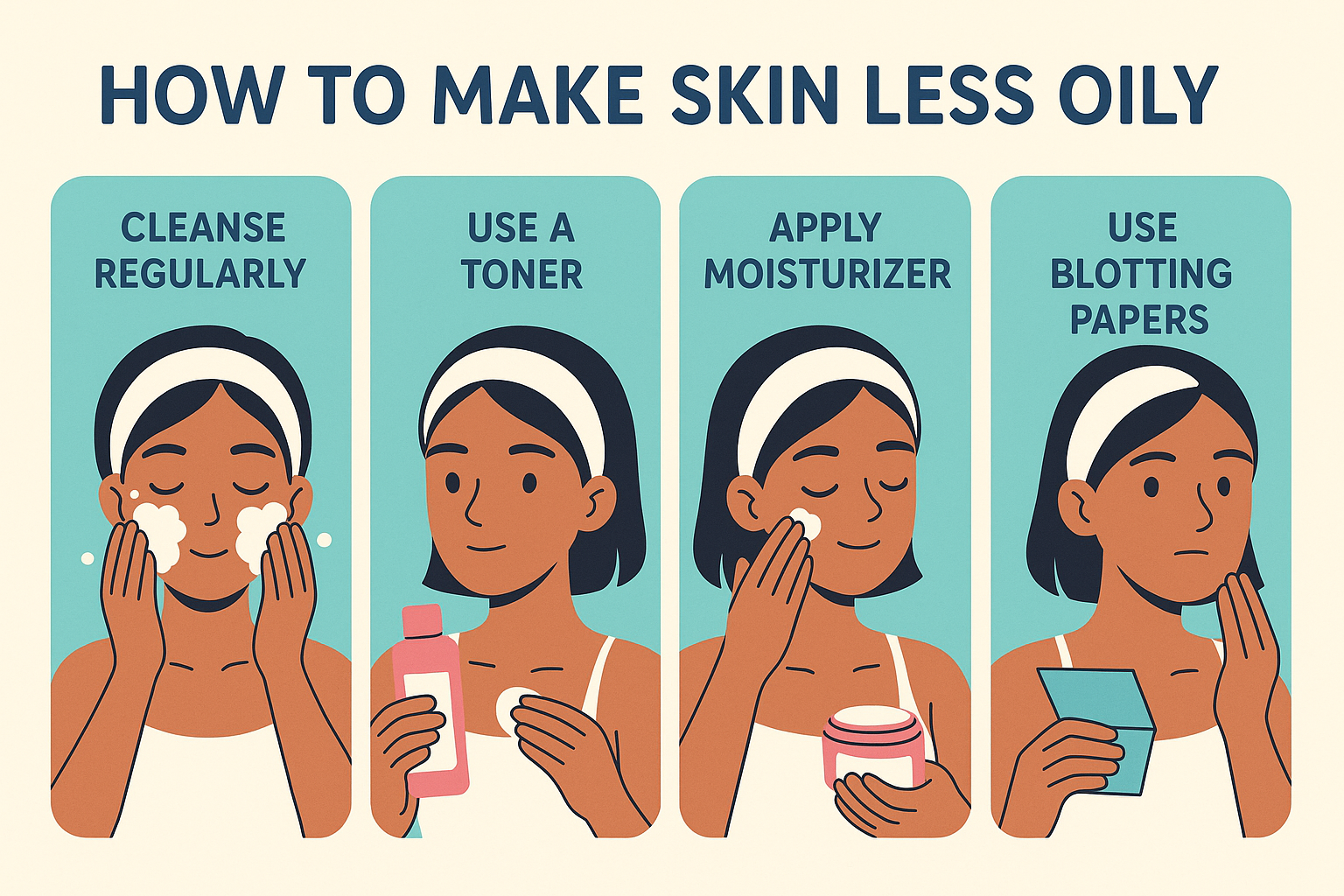
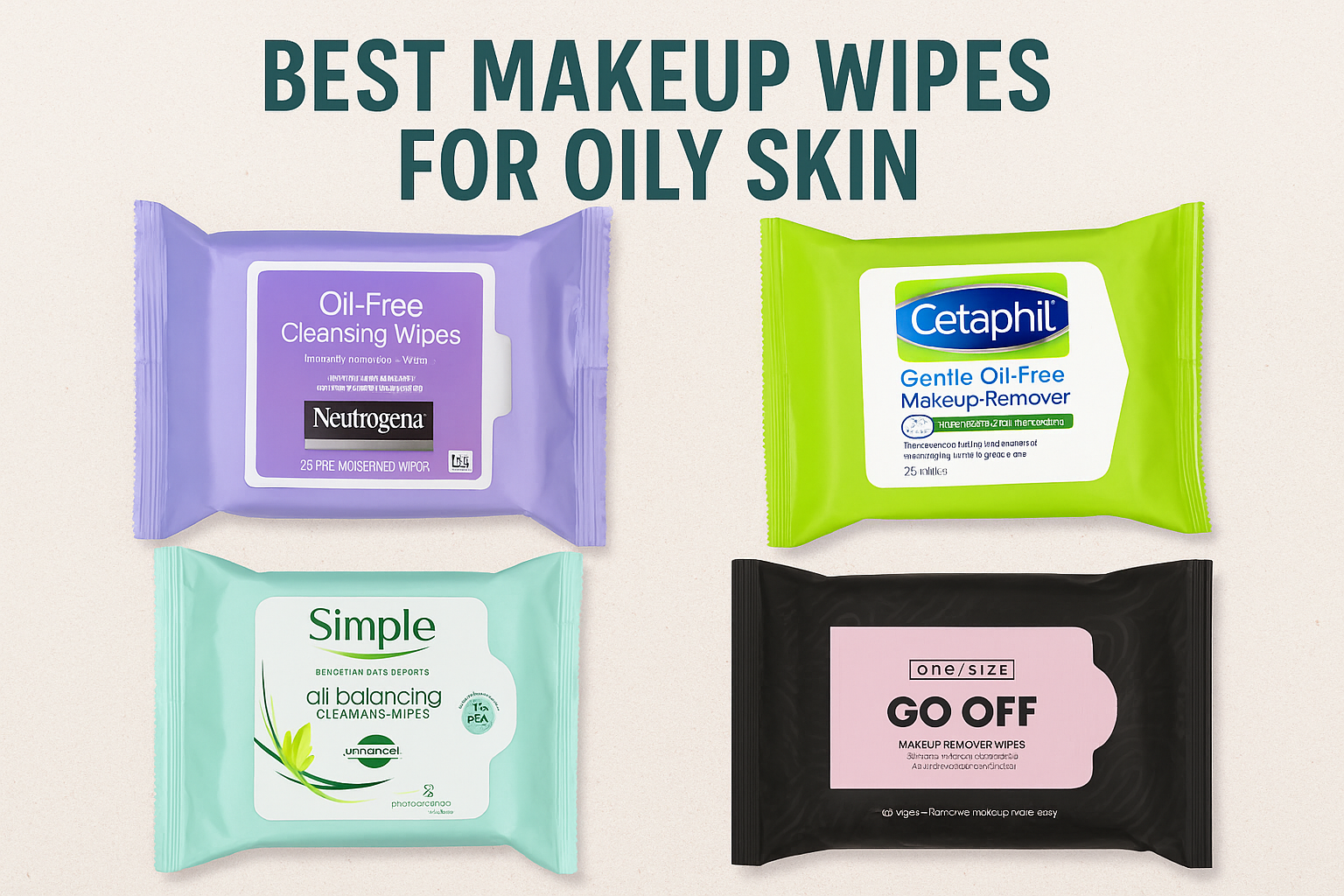
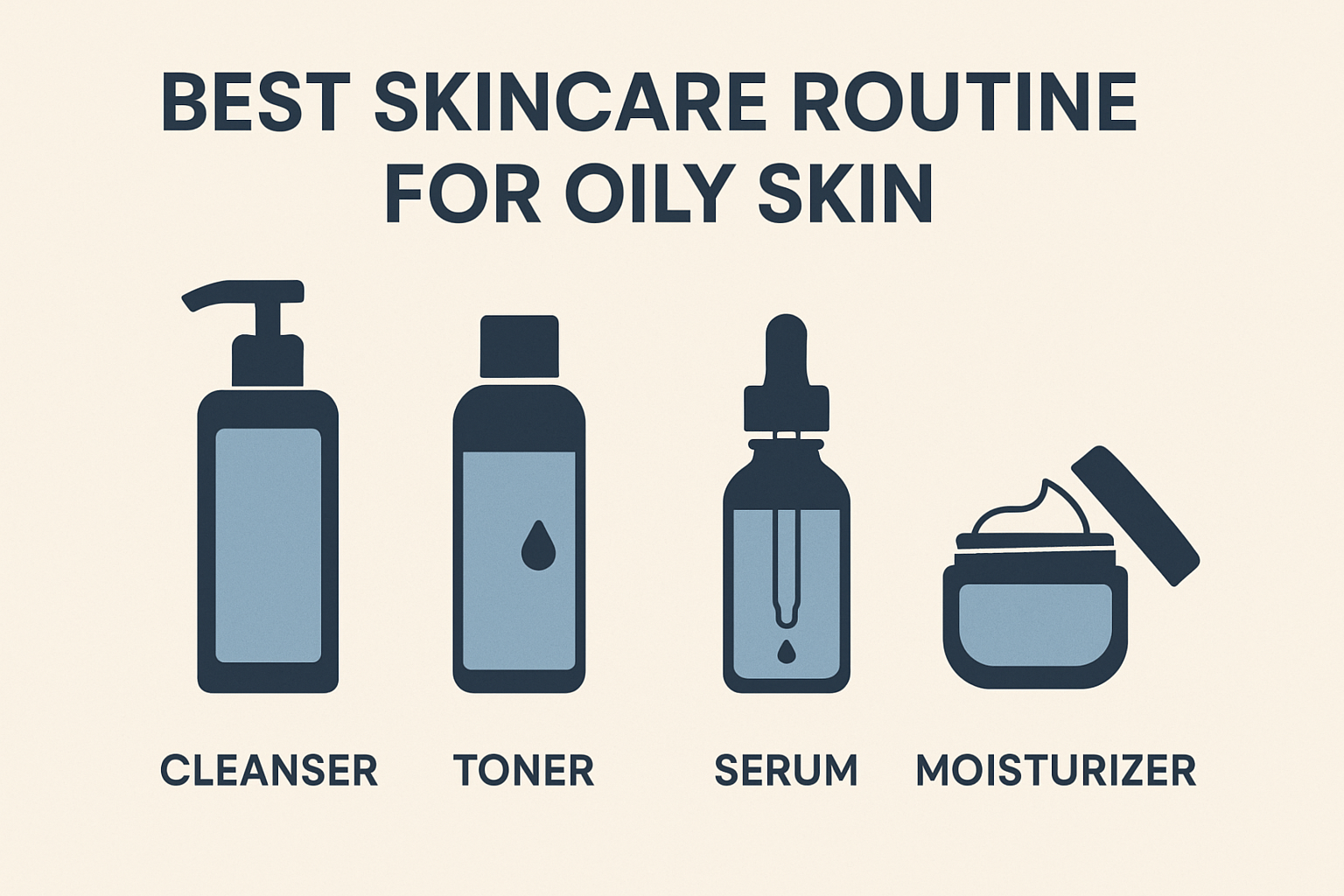
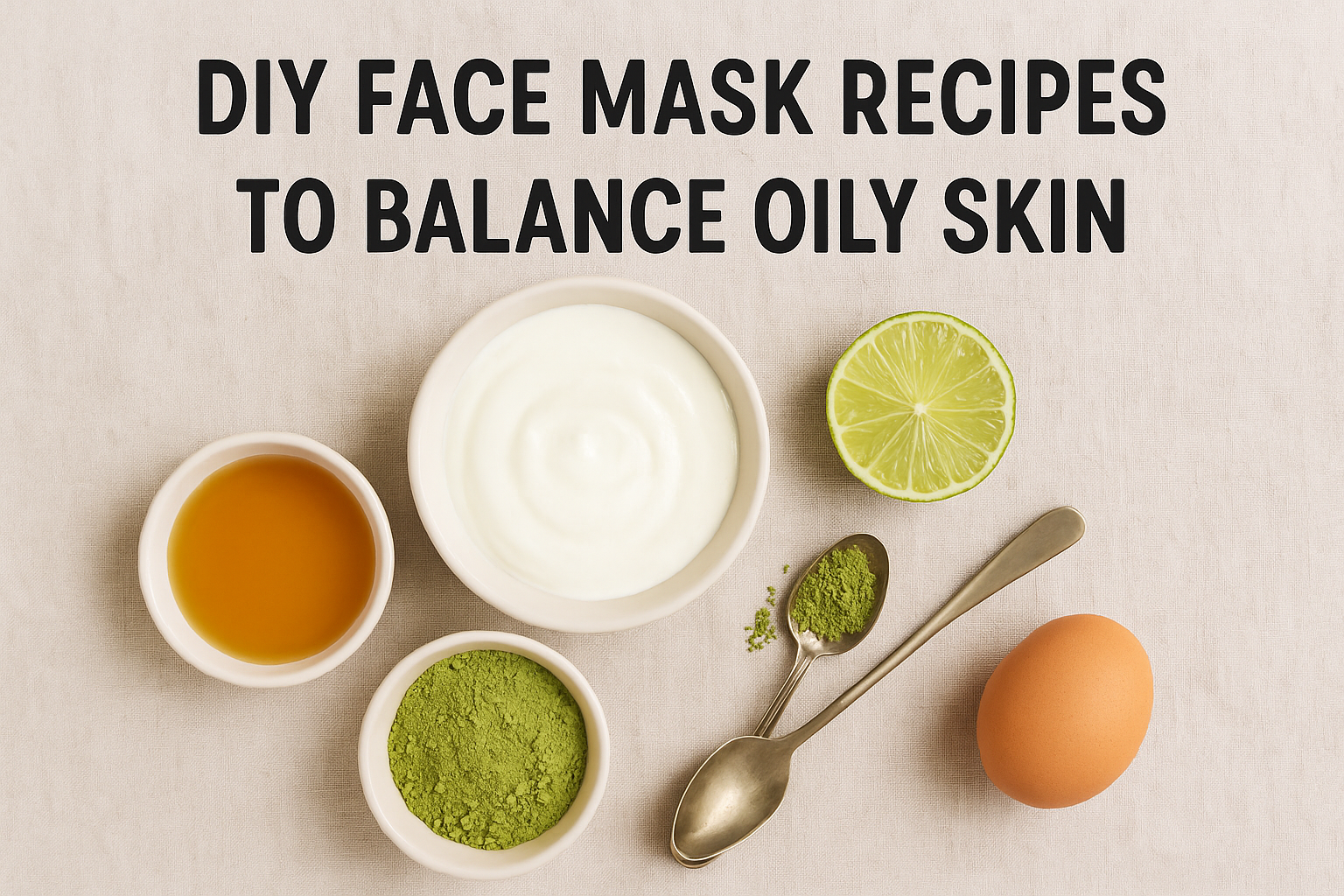
 Acne
Acne Anti-Aging
Anti-Aging Business
Business Digital Marketing
Digital Marketing Economics
Economics Exfoliation
Exfoliation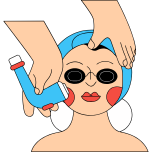 Hair Removal
Hair Removal Movies
Movies Personal Finance
Personal Finance Websites
Websites
